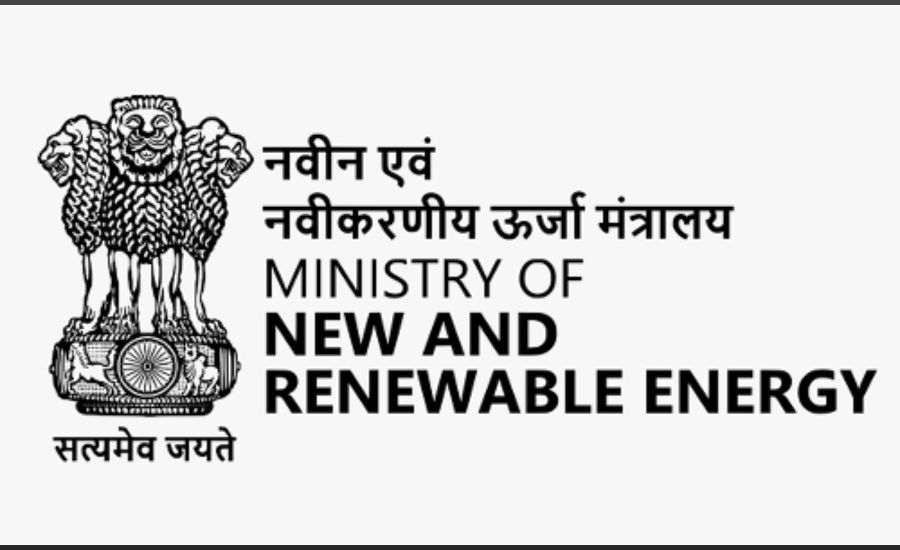New Delhi: Union Minister for New and Renewable Energy, Pralhad Joshi, announced that the Ministry of New and Renewable Energy (MNRE) will soon initiate the second round of consultations with state governments to address critical issues related to energy storage, energy transition, and power purchase agreements (PPAs).
Speaking at the 6th CII International Energy Conference and Exhibition in New Delhi on Monday, Joshi emphasized the importance of these dialogues in strengthening India’s clean energy roadmap.
“Energy transition, energy storage, and PPAs are very serious issues. We have already completed one round of discussions with states, and the second round will commence soon,” said Joshi.
Understanding the Importance of PPAs in Renewable Energy
Power Purchase Agreements (PPAs) are long-term contracts between renewable energy developers and buyers, enabling the sale and procurement of electricity from assets like solar or wind farms at pre-agreed prices. These agreements are essential to provide financial stability to developers and facilitate clean energy integration into the grid.
20 Lakh Households Benefiting from Rooftop Solar Installations
Highlighting progress under the PM Surya Ghar: Muft Bijli Yojana (PMSGMBY), Joshi revealed that 20 lakh households have installed rooftop solar systems, with 48% of them receiving zero electricity bills—a significant milestone in promoting household-level solar adoption.
The minister also stated that he is actively engaging with public and private sector banks to boost financing for renewable energy projects in alignment with Prime Minister Narendra Modi’s vision for a Viksit Bharat.
India Achieves 250 GW Non-Fossil Power Milestone, Eyes 500 GW by 2030
India has already surpassed 250 GW of non-fossil fuel-based power capacity, well ahead of schedule. The nation is now targeting 500 GW by 2030, covering solar, wind, hydro, biomass, and nuclear sources to meet its climate commitments and bolster energy independence.
Focus on Indigenous Solar Manufacturing and Innovation
To support India’s self-reliance, Joshi called for more R&D and domestic manufacturing in the solar sector. He highlighted efforts to indigenously produce polysilicon, ingots, and wafers – critical components for the solar PV value chain.
Madhya Pradesh Leading with Storage-Linked Solar Bids
Dr. Mohan Yadav, Chief Minister of Madhya Pradesh, spoke about the state’s leadership in the clean energy sector. MP recently floated a tender for a Solar-Plus-Storage project, which attracted a competitive bid of just ₹2.70 per unit. The state already houses the Rewa Solar Project, which powers the Delhi Metro.
Dr. Yadav emphasized MP’s active policies across solar, wind, and pump hydro, aiding India’s net-zero commitments.
Maldives Seeks Indian Collaboration in Renewable Energy
Dr. Muaviyath Mohamed, Minister of State, Environment and Tourism, Maldives, shared the island nation’s challenges, including 13.5% of GDP spent on fossil fuel imports and $150 million in fuel subsidies.
The Maldives aims to generate 33% of its electricity from renewable sources by 2028 and is seeking Indian investment, particularly in solar energy, to build climate resilience.
CII and Industry Leaders Call for Structural Reforms and Local Manufacturing
Sanjiv Puri, Immediate Past President of CII and Chairman of ITC, described the current global situation as a period of TURBULENCE, UNCERTAINTY, and RAPID CHANGE (TURN), necessitating new energy strategies.
Dr. Sinha (name not fully specified) proposed the creation of a GST Council-type body for the Power Sector to improve Centre-State coordination, particularly on land acquisition, power evacuation, and stalled PPAs due to unmet Renewable Purchase Obligations (RPOs).
Call for Balanced Growth in Wind, Solar, and Storage
Girish Tanti, Vice Chairman of Suzlon and Chair of CII’s RE Committees, emphasized balanced investment in wind, solar, and energy storage to ensure stable and sustainable energy.
Tanti noted that wind energy in India currently has 64% local content, compared to 20–25% in solar manufacturing. He advocated for increasing this to 80% to serve not just India, but global markets.
Challenges Ahead: Grid, Transmission, Skills, and Policy Harmonisation
Among the major challenges identified during the conference were –
- Timely construction of grid infrastructure and transmission lines
- Local (on-ground) implementation issues
- Harmonisation of policies across renewable sectors
- Skill development to support the energy transition
A joint CII-EY report, titled “Eigenvectors of Net Zero: Energy Transition Pathways to Viksit Bharat 2047”, was also unveiled at the event.






























